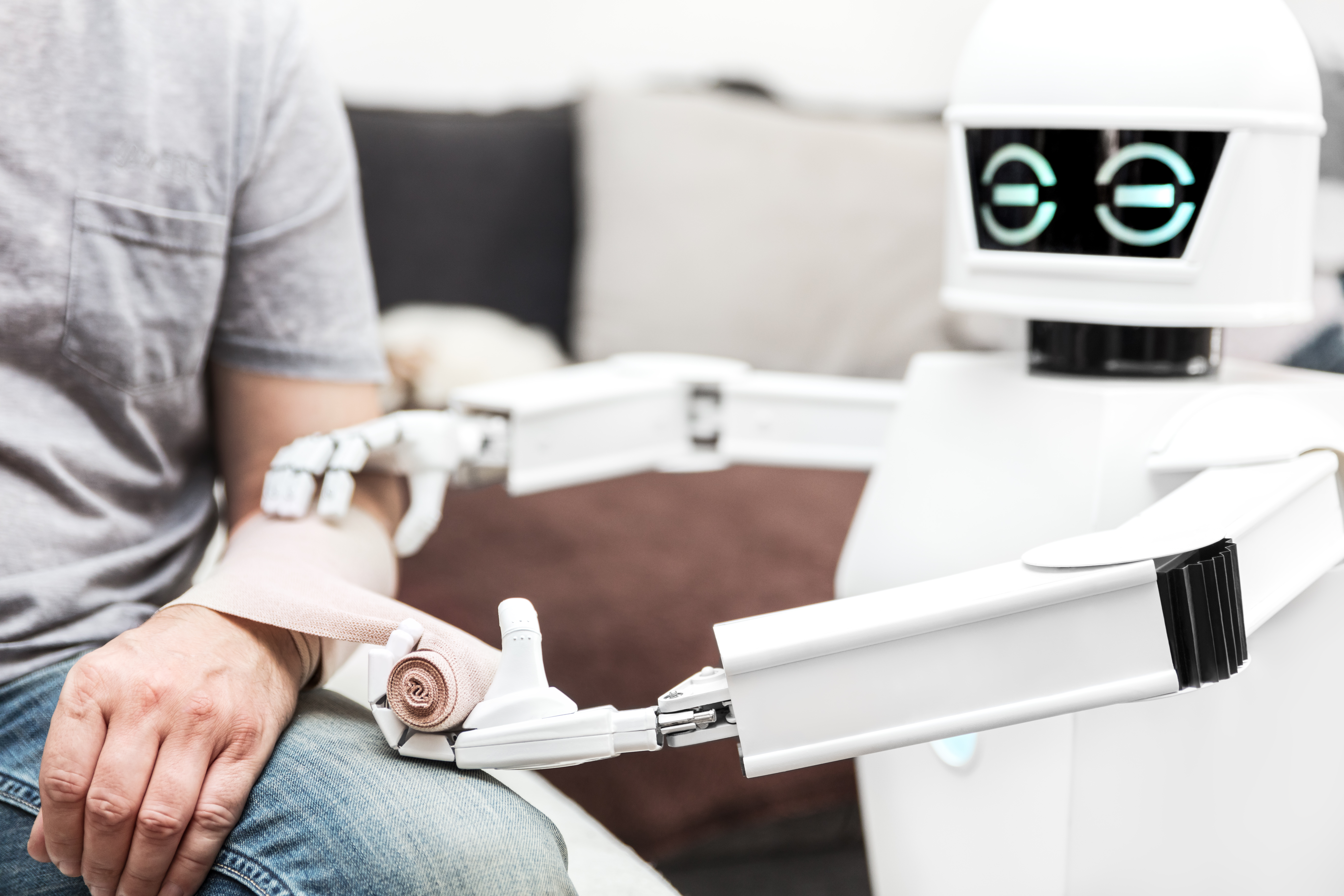
With health systems struggling to keep up with COVID-19-positive patients, the U.S Food and Drug Administration recently issued guidelines allowing the expanded use of remote monitoring devices to facilitate patient management, among other things.
That’s the policy backdrop for a recent announcement by Current Health, producers of an AI-powered remote patient monitoring platform, that it has launched a collaboration with Mayo Clinic to develop solutions that accelerate the identification of COVID-19-positive patients and predict symptom and disease severity in patients, healthcare workers and other at-risk individuals in critical service sectors.
According to reports, the partnership will leverage Current Health’s existing patient database – which already includes anonymized vital sign data and raw physiological sensor data from hundreds of patients infected with COVID-19 and thousands of uninfected patients – as well as algorithms developed by Mayo Clinic, which will be used to provide individualized care to patients with complex and critical medical conditions. By working together, Current Health and Mayo Clinic hope to scale data analytics, add to Mayo Clinic’s advancements in accelerating COVID-19 detection and diagnosis, and further efforts to understand and treat this disease.
"Our collective ability to save lives hinges on our ability to understand this virus quickly. COVID-19 has presented in many ways across different people, which has made it very challenging to understand the virus and how it develops," said Chris McCann, CEO and Co-Founder, Current Health. "By combining our platform with the deep medical and scientific expertise that exists at Mayo Clinic, we seek to explore both known and novel biomarkers, as well as how they manifest in entirely diverse populations. This will be critical to determining how we define, and enable effective treatment of, this disease.”
Using digital biomarkers collected by Current Health’s FDA-cleared remote monitoring sensors and platform, team experts will also be able to expedite identification and assessment of treatment efficacy and improve care for patients with or at risk of COVID-19 infection.
"Real-world, continuous data – from patients infected and not infected with the disease – is essential to understanding and predicting how the disease presents and evolves," said Abinash Virk, M.D., an infectious disease expert at Mayo Clinic. "If we are successful in accomplishing our goals, we believe we will improve how patients with COVID-19 are identified, monitored, managed, and ultimately help with their recovery."


